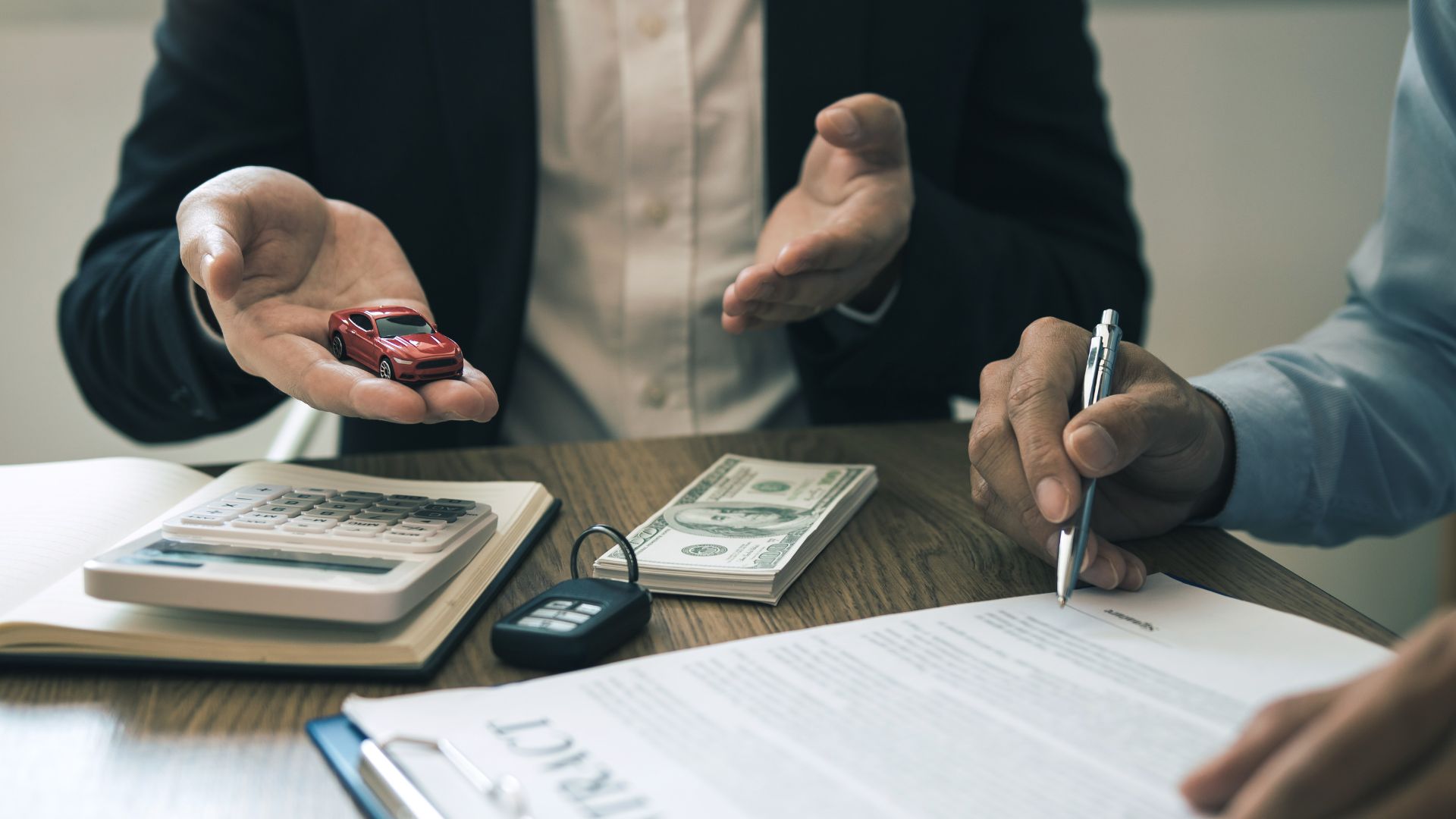Navigating the world of private car sales can seem like a daunting task, especially when it comes to financing. But don’t worry, it’s not as complicated as it may seem. With the right information and tools, you can ensure a smooth transaction that leaves both parties satisfied.
How to Finance a Private Car Sales
Engaging in private car sales might seem a tad overwhelming initially, but comprehensive understanding on how to finance a private car sale simplifies the process. This section delves deeper into this topic, underlining what one must know while venturing into private automotive transactions.
The Basics of Private Transactions
In a private car transaction, a direct purchase takes place between two individuals, bypassing the traditional dealership medium. Usually, the seller advertises the car online or through local publications, attracting potential buyers. The buyer then initiates contact, inspects the car, and negotiates a mutually beneficial price point. For the finalized payment, numerous options exist, ranging from cash, checks, online transfers to other structured financing options aligning to the buyer’s financial capacity and convenience.
Preparing Your Finances
When entering the realm of how to finance a private car sale, it’s vital for individuals to prepare their finances responsibly and wisely. This preparation involves a comprehensive analysis of one’s budget and understanding the significance of making a substantial down payment. The concepts discussed in this enriching segment will empower prospective buyers to make financially sound decisions when engaging in private car transactions.
Assessing Your Budget
Before plunging into a financial commitment like purchasing a car privately, a thorough assessment of one’s budget is a prerequisite. This entails scrutinizing personal financial standings and recognizing monthly income and expenses. Evaluating monthly expenses, including housing, utilities, groceries, and other recurring costs, provides a transparent picture of financial capability.
An analysis of one’s savings plays a crucial role too. A robust savings account, if present, potentially cushions unexpected or substantial expenses. Alternatively, limited savings may require prospective buyers to adopt a conservative approach while undertaking a private car purchase.
For example, an individual earning $5000 a month who spends $2000 on monthly expenses and has $20,000 in savings has more financial flexibility than an individual with the same income but with monthly expenses of $4000 and savings of just $5000. Consequently, the first individual can comfortably afford a more expensive car or agree to higher monthly payments.
The Importance of a Down Payment
In the realm of private car sales, the significance of a down payment cannot be understated. A down payment reduces the principal amount borrowed, leading to lower monthly payments. It also minimizes the interest owed over the life of the loan, if financing options are considered.
An adequate down payment can provide multiple benefits. For instance, a buyer agreeing to make a 20% down payment on a car valued at $15,000 reduces the loan amount to $12,000. This reduction in principal not only decreases monthly payments but also cuts down the overall interest paid.
Consequently, the bigger the down payment, the better the financial position for the buyer in the long run. Hence, a smart, informed buyer understands the importance of a sizeable down payment and factors it into their private car buying strategy.
Must Know
Navigating how to finance a private car sale doesn’t have to be daunting. With a clear understanding of the process, it’s possible to secure a good deal and finance it effectively. The key lies in preparation – assessing your budget, rectifying credit score errors, and getting preapproval for loans. Remember, escrow services can offer a safety net, holding funds until both parties are satisfied. When closing the deal, paperwork is paramount. From the vehicle title to the CARFAX Vehicle History Report, every document plays a vital role. Transferring ownership and registration, while fulfilling legal requirements like smog certification and loan settlements, ensures a smooth, secure transaction. So, whether you’re a buyer or a seller, with the right knowledge and approach, you can make the most of a private car sale.
